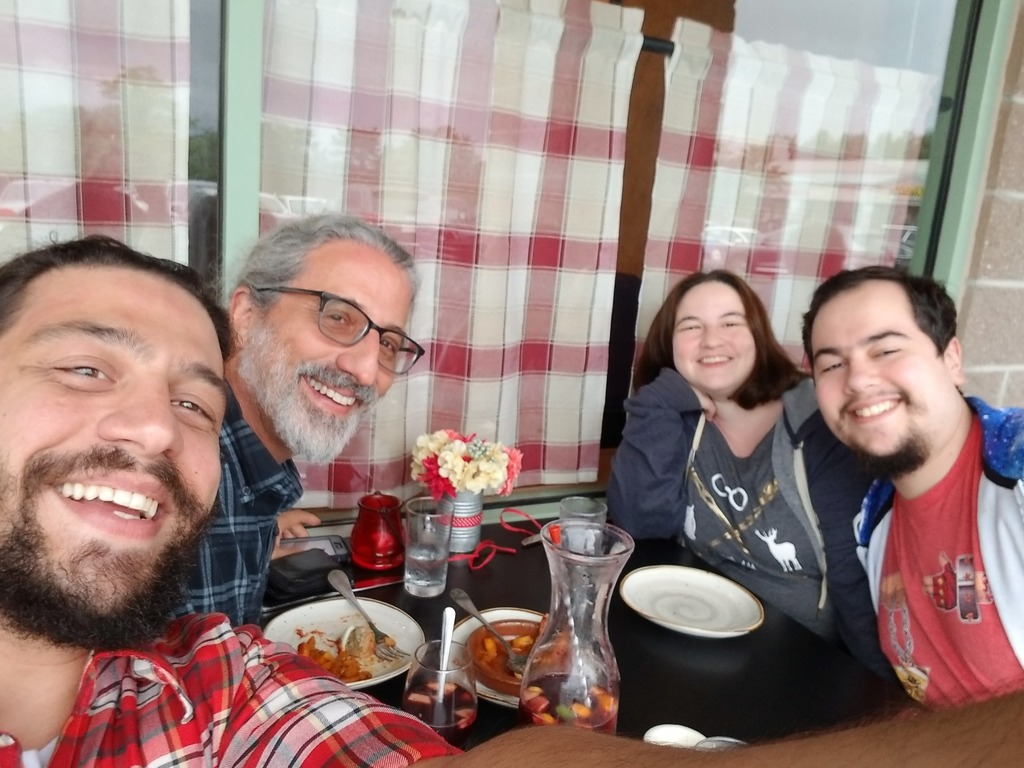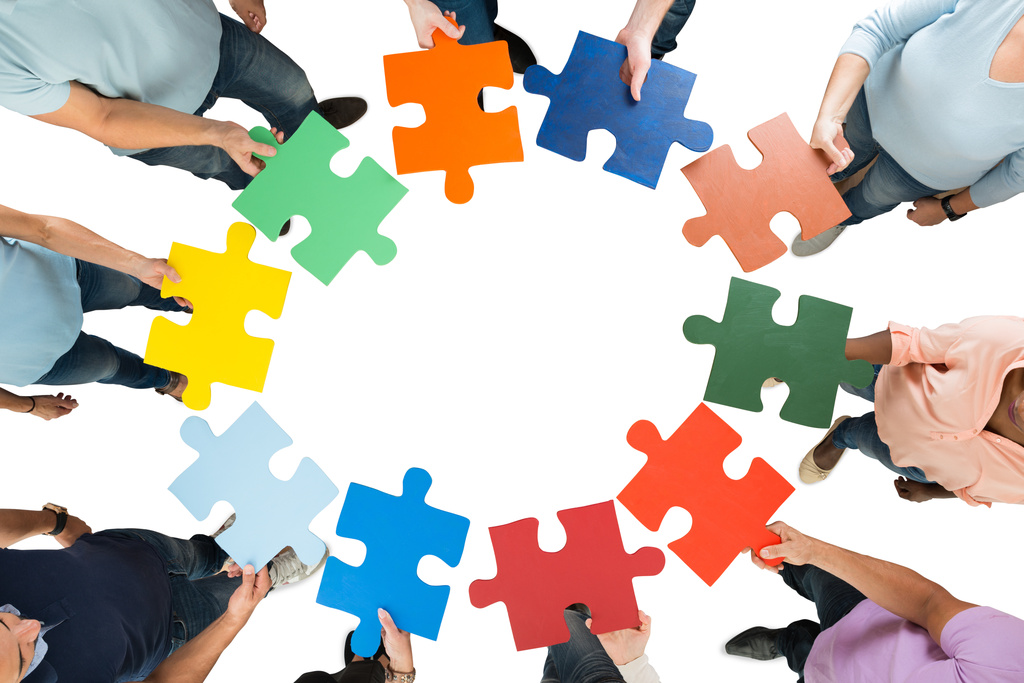
It is very difficult to feel torn between the needs of different members of your family. You love them both and want to do what is best for each of them, even when those needs seem to be at odds. Up until this point, your family has "protected the privacy" of the donor and "maintained the secret" from your child. The difference in opinion you and your spouse now have can be a source of conflict in your marriage.
In some families, spouses place a different importance on the facts of conception. However, most people who have not disclosed have done so in order to protect their spouses. Infertility brings with it a social stigma and, in many cases, shame. Non-bio parents often fear that their children will feel differently about them once they learn that there is no genetic connection between them. Speak with your spouse lovingly and respectfully about their feelings and concerns. We also recommend that your spouse take a good look at whether or not they have sufficiently dealt with the grief of their own infertility and not being able to give your child a genetic connection. Many people do not adequately process through this grief before their child is born, and then have difficulty not passing this unresolved grief, in some way, to their children. When this grief is not verbalized, validated, and fully processed by both parents, every member of the family can suffer.
Some parents are also fearful that their kids might look at them differently and that their parenting might come under much more scrutiny. They worry that they may not be perfect parents and if their kids know that there isn't a genetic bond, that they will view them as less of a parent. It's important for these men to know that all of us worry about our parenting at some point! Until these issues are addressed sufficiently, your husband is less likely to change his mind about disclosure.
Parents will also need to put aside their own feelings of guilt. If parents are feeling guilty about holding "the secret," they may be incapable of dropping their defenses to be in an open emotional state to honor and acknowledge their child's pain.
The two of you have to weigh your spouse’s strong feelings against the potential problems you will encounter from withholding the information from your child. When your child finds out the truth (and they will), there is a great likelihood that they will be angry at having the information withheld until now. This feeling will be directed toward both parents. Your ongoing conversations with your spouse must focus on your child’s needs.
My Spouse Doesn’t Want to Connect With Our Child’s Genetic Relatives. What Should I Do?
In same-sex parent families where donor gametes were was used to conceive, the non-biological parent may also feel insecure about their lack of genetic connection to their child. While the facts surrounding the child’s conception are more likely to be shared in that family arrangement, the non-biological parent may, like the non-bio heterosexual parent, be resistant to searching for a donor who might threaten their role in the two-parent structure. They may even feel threatened by their child’s half-siblings and not allow contact to be made with them. It’s important for this parent to know that their child’s genetic relatives are no threat to them and that it’s in the best interests of their child to acknowledge the importance of exploring these new family connections.
Some parents may feel the need to minimize the genetic connection between their child and the donor. If a child grows up in a family where half of their genetic, ancestral, and medical background is minimized or negated, they can feel a lot of guilt if and when they do become curious. Parents need to be very careful not to put their own biases onto children and allow them to process and define these familial connections for themselves as they mature. We don’t want our children to feel like they are betraying their parents by having normal feelings of curiosity about their unknown genetic family and we don’t want our children to wonder why they were not allowed to know their close genetic relatives while growing up.

%20copy.jpg)

